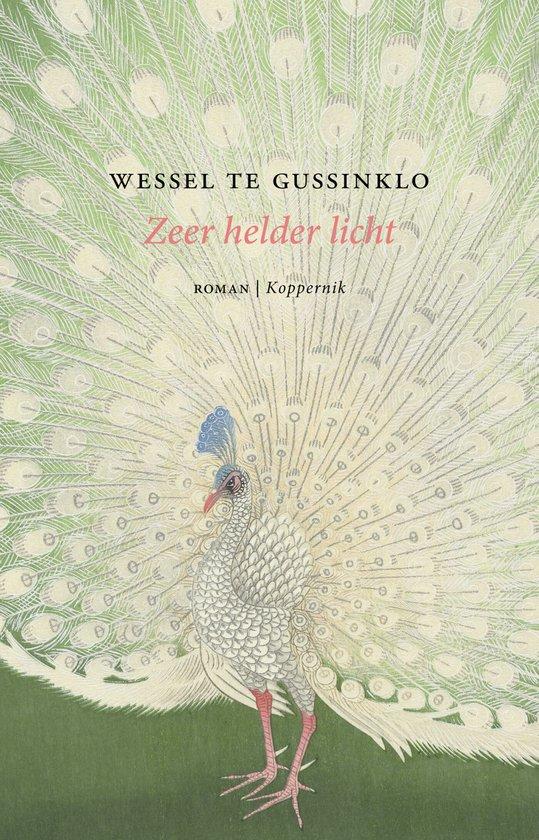Very Bright Light
The publication of Wessel te Gussinklo’s 'De opdracht' (The Task), which was laden with literary prizes and nominations, dates from 1995. A virtuoso and rebellious novel, it received excellent reviews, but despite the encouragement, the author did not find it easy to go on writing. This year finally saw the appearance of his third novel, which announces itself as a classic from the very first pages.

The main character is 31-year-old Wander. He makes plans to start a novel, but lets himself be distracted by superficialities. We are in the 1970s; drink, chatter, prostitutes, the occasional joint. When he meets the student Hanna, who is ten years younger, a new period seems to be dawning, but her parents are so opposed to the relationship that Hanna breaks it off. From then on, out of his mind with helplessness, Wander roams the streets. It is in this state of existential pain and rejection that we are drawn into his psyche.
Novels that rely on descriptions of someone’s inner life have fallen somewhat out of fashion, but what riches when the execution is this good. The thoughts flow: incessant and unfiltered. Just as true to life is the seclusion in which the loving couple find themselves and which makes them unreliable observers. For example, Wander praises Hanna’s intelligence and understanding, but there is no evidence of this. Wander projects his dream partner onto Hanna. All those neck-breaking stunts for the sake of love are to no avail.
Where he himself is concerned, there is the same unreliability: does he really have the makings of a great writer? He never tires of explaining it to Hanna: ‘I had to write: books, novels full of images, full of reality, unlike the polished glibness that was always on show, the brilliant results, the poses and attitudes. Or, well, them too, but mainly what was behind them, the hovels and gutters, the engine rooms, secret and hidden, of human existence.’ Here is someone who takes a long run-up to the sheer impossible. But though he may talk to his girlfriend in high-flown terms, he mainly reads cartoons.
And then there are Hanna’s parents. He is allowed just one visit; what awaits is humiliation. He, Wander, a good-for-nothing without a degree or a job, is shown the door after one cup of tea. ‘I expect you have commitments elsewhere,’ says Hanna’s father. It couldn’t be worse, but it becomes even crazier when Hanna’s mother damages Wander’s car. His isolation assumes monumental proportions.
A novel that comes charging at you, grabs you by the shoulders and doesn’t let you go until Wander’s whole being has been poured out all over you. This novel is a bully. But a magnificent bully.
De Volkskrant
A contemporary Inferno. Te Gussinklo seems to be turning his back on all that modern and fashionable prose to present a world beyond redemption. Gruesome and impressive.
Trouw
